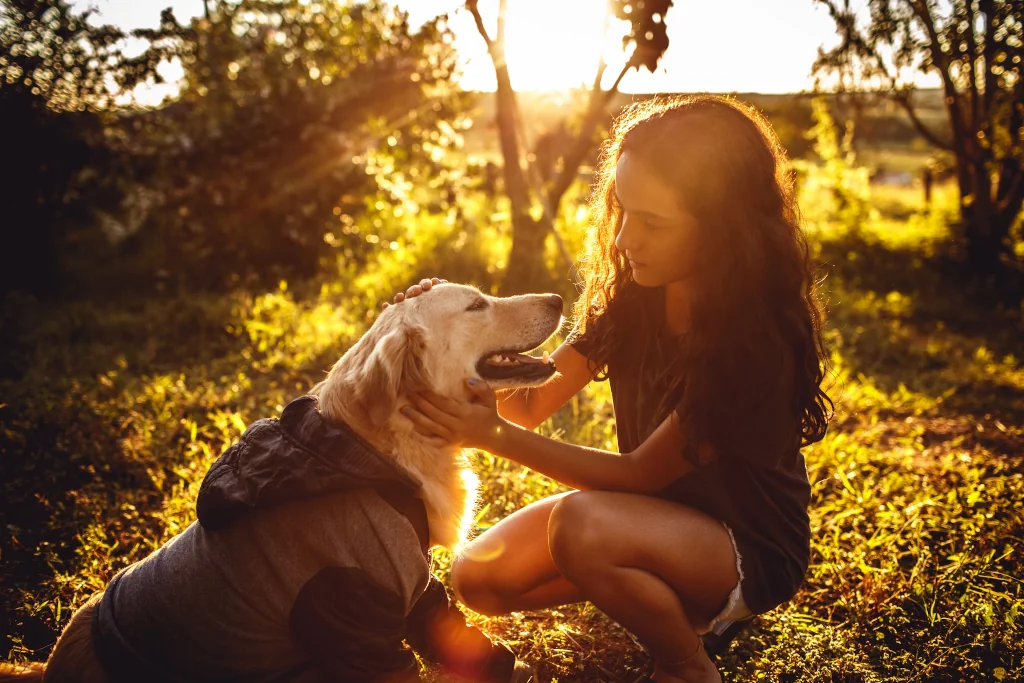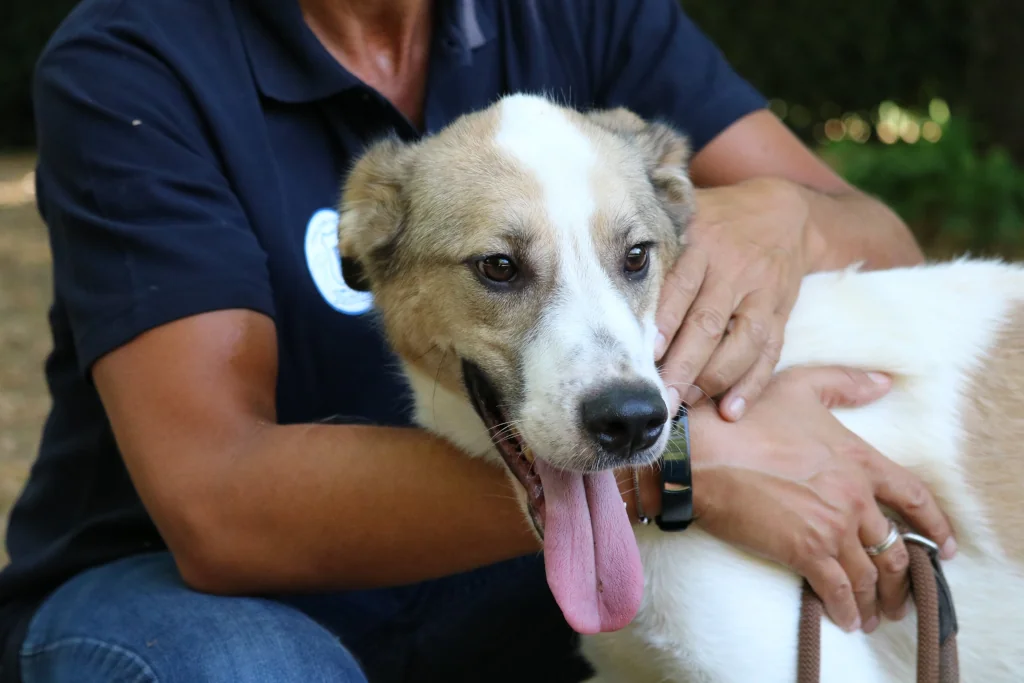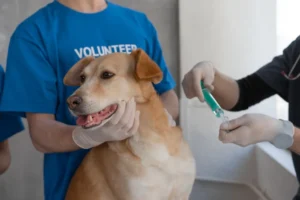Wondering if you’ve missed the window to vaccinate your pooch? The world of dog vaccinations can indeed be confusing and overwhelming, but is it ever too late?
Understanding the what, why, and when of dog vaccinations, and the possible complications of skipping them, will empower you to make the best choices for your furry companion. So, let’s dive into the nitty-gritty of dog vaccinations and see why it’s never too late.

Why Are Vaccines Important for Dogs?
Vaccinations play a critical role in protecting your dog from various diseases, some of which can be fatal.
Vaccines work by stimulating your dog’s immune system to produce a response against certain diseases. This way, if your dog is later exposed to these diseases, their immune system is primed to fight off the infection effectively.
It’s not unlike giving your dog a shield, except this one works against unseen enemies like Parvovirus, Distemper, and Rabies. Vaccines aren’t just about keeping your dog healthy – they’re about giving you peace of mind, but for good reason.
When Should Dogs Be Vaccinated?
The initial series of vaccinations should begin when your pup is just 6 to 8 weeks old and should continue every 3 to 4 weeks until they’re about 16 weeks old.
After this puppy series, your dog will need booster vaccines – some annually, others every three years. These schedules can vary based on factors like your dog’s health, lifestyle, and the local laws.
We recommend core dog vaccinations as these are the essential ones for most dogs, but there are a few non-core ones to consider. The type of vaccine will depend on your pup and their health condition.
Always consult with your vet to create a personalized vaccination schedule for your dog. After all, their health is worth every ounce of effort and precaution.
Is It Ever Too Late for Vaccinations?
The short answer is, no, it’s never too late to vaccinate your dog. While it’s optimal to start when they are puppies, older dogs can and should be vaccinated, especially if they’ve never had vaccines before.
Unvaccinated dogs, regardless of their age, are at risk of contracting harmful diseases.
Just like with people, better late than never applies here. You may worry about potential reactions, especially in senior dogs, but rest assured that vaccines are generally safe. The benefits of vaccination far outweigh the potential side-effects.
The primary reason being, vaccines train your dog’s immune system to fight off infectious diseases effectively, keeping them healthier and potentially saving them from severe illness, hospitalization, or even a fatal outcome. In addition, the costs associated with treating these preventable diseases far exceed those of routine vaccination. Therefore, investing in vaccination is a proactive step in maintaining your dog’s health and quality of life.
Your vet will be able to assess your dog’s health and guide you through the appropriate vaccination process for their age and health status.

Overcoming Missed Vaccine Schedules
Not to worry if you’ve missed your dog’s vaccine schedule, it happens even to the best of us.
The important thing is to take action now. Contact your vet immediately to discuss the next steps. In many cases, your vet will recommend starting the vaccination process again, depending on how long the schedule has been interrupted.
They won’t judge you. They’ll just be glad you showed up to get your pup some protection.
Remember, each missed vaccine is a risk factor for your dog, and we don’t want that. For future, consider setting reminders on your phone or marking your calendar for your dog’s next vaccination due. Really, this can be helpful for anything. We all forget, all the time.
Your vet clinic may also offer services to remind you when it’s time for a booster. And if it’s money that’s your obstacle, explore options such as low-cost clinics, animal welfare organizations, or pet insurance that can help reduce the cost of vaccines.
The path to protecting your dog’s health might have bumps along the way, but with commitment and vigilance, it’s a path well-worth taking.
What are the Risks of Not Vaccinating Your Dog?
Choosing not to vaccinate your dog places them at risk of a multitude of serious, and even fatal, diseases.
Some of these include:
- Parvovirus
- Distemper
- Leptospirosis
- and Rabies
which are still prevalent in many parts of the world. The US is not an exemption.
Unvaccinated dogs also pose a threat to the wider canine community by disrupting herd immunity. This is a concept where, when a high percentage of the population is vaccinated, the few who cannot be vaccinated are still protected.
The American Veterinary Medical Association reports that the majority of dogs who fall ill from serious diseases like parvovirus are unvaccinated. Failing to vaccinate doesn’t just gamble with your dog’s health; it can lead to costly treatments or devastating losses.
As we wrap up, remember that keeping your furry friend safe and healthy requires a team effort. Vaccination is one of the most effective tools we have for that.
FAQs
Can old dogs handle vaccines?
Older dogs, like their younger counterparts, generally handle vaccines well. Their individual health status and any pre-existing conditions will guide the veterinarian in the administration and selection of vaccines.
What happens if my dog is overdue for vaccines?
If your dog is overdue for vaccines, they may be at increased risk for certain diseases. It’s best to contact your vet as soon as possible to update their vaccinations and possibly restart the vaccine series if it’s been a long delay.
Are there any alternatives to vaccines for dogs?
While there are some natural immunity boosters, other than titer testing, there’s currently no scientifically-proven alternative that provides the same level of protection as vaccines. It’s always safest to discuss any alternatives with your vet before making a decision.
Should I vaccinate my dog if he stays indoors?
Even if your dog stays indoors, vaccinations are still recommended. They can still be exposed to viruses and diseases through humans, other pets, pests like rodents, or on the rare occasions they do go outside.
Alex, a passionate animal lover, has experience in training and understanding animal behavior. As a proud pet parent to two dogs and three cats, he founded AnimalReport.net to share insights from animal experts and expand his knowledge of the animal kingdom.




